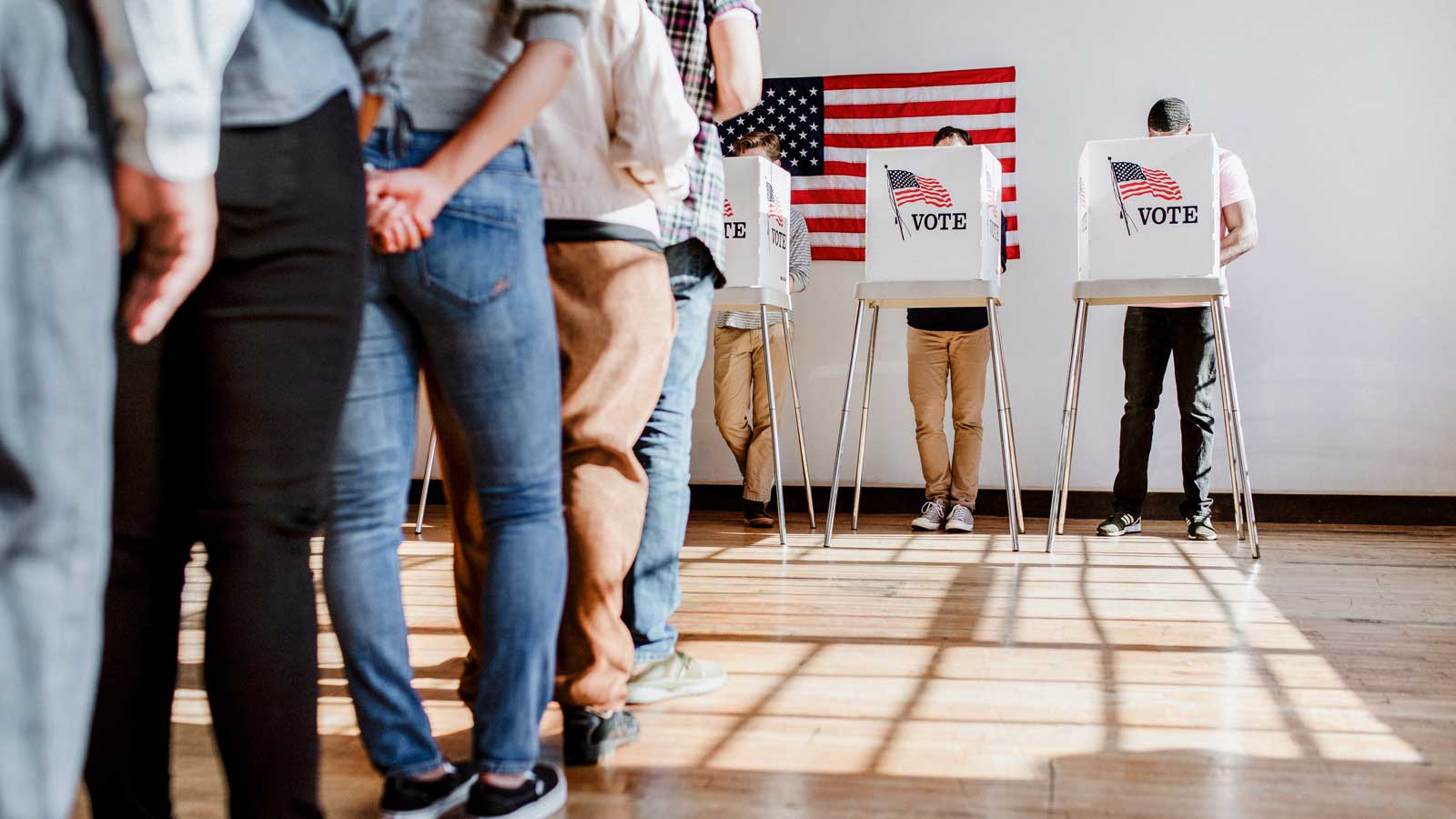The 2023 Virginia elections have come and gone in Central Virginia, and the results of numerous races in the Richmond metro area and beyond will have an impact on how criminal charges are handled in our courts. So even if you are not particularly interested in state or local political races, take note that changes may be on the way in various jurisdictions and the Commonwealth of Virginia as a whole. This election cycle featured mostly county races; major city races (such as the election of the City of Richmond Commonwealth’s Attorney) are offset by two years from county races and will next occur in November 2025.
2023 Virginia Elections: Commonwealth’s Attorney Races in Central Virginia
One of the most obvious sources of change to the administration of criminal justice in Virginia is in who has been elected as the Commonwealth’s Attorney for each jurisdiction. While all Commonwealth’s Attorneys are still bound by the Code of Virginia and constrained by such things as sentencing guidelines formulated by the Virginia Criminal Sentencing Commission, they can still enact office policies at the local level that give their jurisdiction a particular culture or philosophy when it comes to prosecuting criminal and traffic matters. This can vary significantly from locality to locality.
Not all Richmond metro area jurisdictions featured changes in the top prosecutor role. Incumbent Henrico County Commonwealth’s Attorney Shannon Taylor defeated challenger Shannon Dillon. Taylor has held office since the 2012 election. Other incumbents, such as New Kent County Commonwealth’s Attorney T. Scott Renick and Louisa County Commonwealth’s Attorney R. E. “Rusty” McGuire won reelection in uncontested elections.
In the Richmond metro area, a number of races for Commonwealth’s Attorney, contested and uncontested, did lead to turnover in some of the top prosecutor jobs. Chesterfield County Commonwealth’s Attorney Stacey Davenport lost her bid for reelection to challenger Erin Barr in a close election. The Chesterfield County Commonwealth’s Attorney’s Office has undergone turnover in the top role in every election since the retirement of longtime Commonwealth’s Attorney William “Billy” Davenport in 2018. Similarly, incumbent Goochland County Commonwealth’s Attorney David M. “Mike” Caudill lost his bid for reelection to challenger John L. Lumpkins Jr.
The race for Caroline County Commonwealth’s Attorney is too close to call as of the time of this blog, as candidates Cary B. Bowen and Benjamin P. Heidt are in a near-tie with 13 of 14 precincts reporting. Heidt had taken over as the Commonwealth’s Attorney for Caroline County upon the retirement of John Mahoney in May of 2023.
In Hanover County, Mackenzie K. Babichenko won an uncontested election to replace longtime incumbent Hanover Commonwealth’s Attorney R.E. “Trip” Chalkley, III, who is retiring at the end of his current term. Babichenko, who has prosecuted in Hanover County since 2014, becomes the first female Commonwealth’s Attorney for Hanover County.
As mentioned, these elections can affect office culture and policy. Some of the office policies that can vary from jurisdiction to jurisdiction include, but are not limited to, such matters as whether or not prosecutors participate in certain misdemeanors and traffic cases; how many and what felony charges are brought by indictment in each grand jury; how often jury trials are requested by the prosecution; and standard plea offers for various crimes. So while every Commonwealth’s Attorney pursues what they consider to be a “fair” approach to criminal justice, the particulars of how that is pursued can vary.
Virginia 2023 General Assembly Election
At a broader level, the Virginia General Assembly also has a profound effect on how cases are prosecuted, regardless of who is elected as Commonwealth’s Attorney in each jurisdiction. It is important not to generalize too much, but Democrat legislators have been more receptive and willing to enact what some describe as “progressive” policies on criminal justice matters. In recent years, Democrats in the Virginia General Assembly have successfully pushed for such changes as:
- Limiting the types of traffic infractions that permit law enforcement to stop a vehicle
- Decriminalizing most types of marijuana possession
- Removing some judicial discretion in the sentencing of probation violations
- Enacting a “first offender” disposition for first-time larceny convictions
In this election cycle, Democrats prevailed in a number of elections for the Senate of Virginia and the Virginia House of Delegates. What this means in terms of criminal justice legislation going forward remains to be seen. The campaigns featured lots of messaging about abortion rights, which are often a focal point of Virginia and national elections, but that does not mean that broader criminal justice changes will be neglected once bills are proposed in the House and Senate.
One of the key issues for many platforms in this election cycle has been gun safety. What this might mean in terms of potential legislation is that we may expect House and Senate bills pertaining to:
- More intensive background checks at gun stores and gun shows
- Increased firearm rights consequences in cases of domestic violence
- More government powers in “Red Flag” laws
- Bans or limitations on assault weapons/high-capacity magazines
As House and Senate bills are proposed and voted on, their details and progress through the political process can be followed online. Bills can be searched by bill number, date of proposal, topic, etc. on Virginia’s Legislative Information System. The 2024 regular session of the Virginia General Assembly will begin in early January, during which time the legal changes sought by the various members will be revealed. Keep in mind that bills are not the law; bills must be voted on and approved. Often, changes are made to bills even if they are successfully passed. The process can take weeks or months.
One other key aspect that hasn’t been mentioned is our judiciary. In Virginia, judges are appointed. So while other states may have elections for their judges, in Virginia we do not. The appointment of judges depends on available funds (some judicial districts with high caseloads are given priority for any new judicial positions), the retirement of judges from the bench, and (rarely) the removal of judges from the bench. What this means is that changes to this important aspect of our criminal justice system do not come on regular cycles in the way County and City elections do. Unlike elections, the turnover in judicial positions is not particularly well-publicized.
If you are curious about election results for your jurisdiction, for Commonwealth’s Attorney or otherwise, the most up-to-date information can be found at the website for the Virginia Department of Elections.







